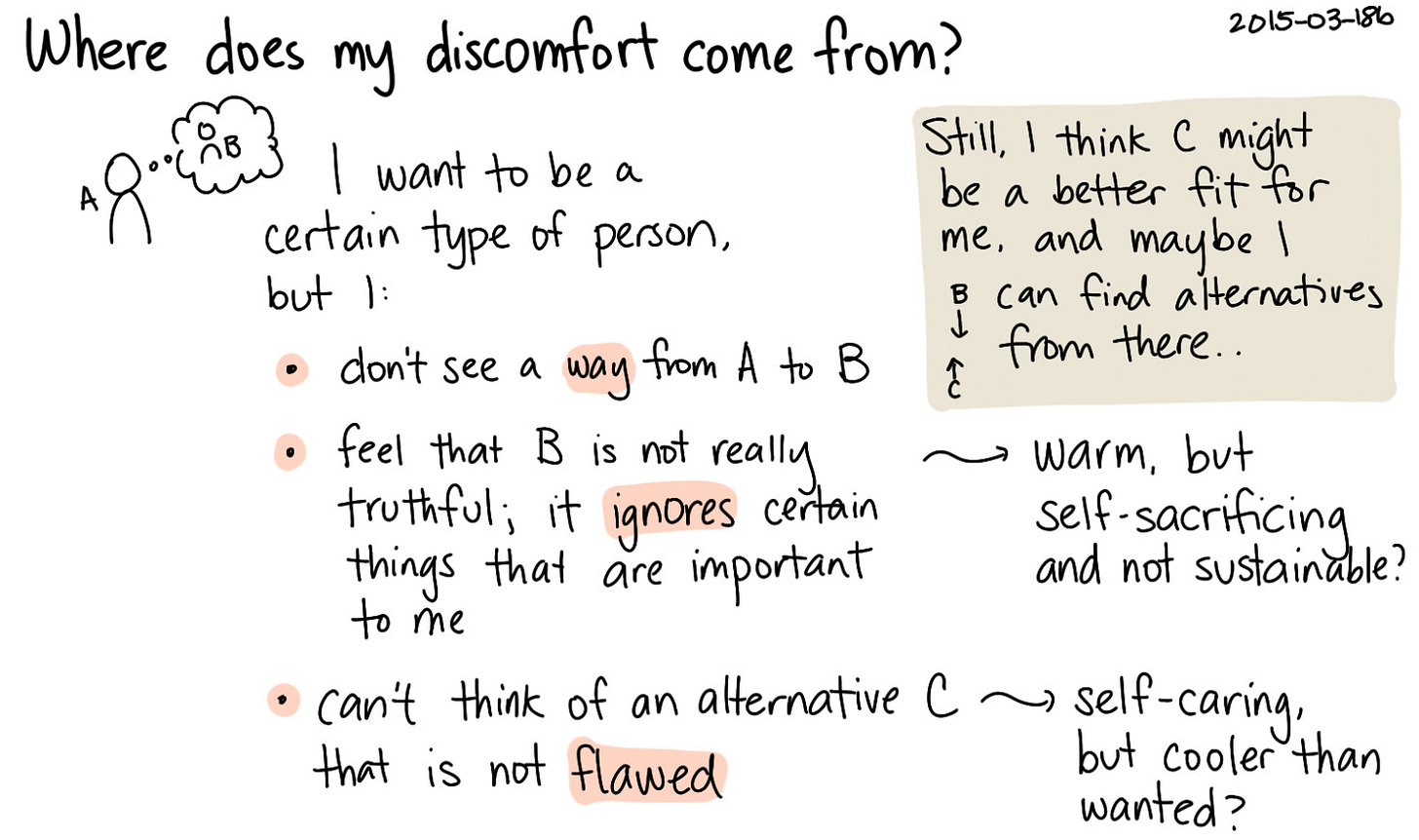Gender Dopesick
Our love of drugs, our fear of suffering

My husband and I have been watching the Hulu series Dopesick, a partially-fictionalized version of the non-fiction book that chronicled the OxyContin crisis, and the Sackler family which pioneered and profited from it.
We’ve seen six episodes so far, and often during them I’ve thought about the medicalization of gender dysphoria, and wondered if there were parallels. We overmedicate everything in this country, especially feelings like, you know, sadness—often diagnosed as depression and treated with drugs, whether they’re necessary or not. And many people believe that the mass expansion of gender clinics and selling of cross-sex hormones are motivated more by profit than problem-solving. China is about to open its first gender clinic for children and adolescents, which may be yet another example of Western ailments being exported elsewhere in the world, as Ethan Waters reported in the book Crazy Like Us.
Have we created a problem we can then sell drugs and surgeries to fix?
That can’t be the whole story, because before there was widespread legal dispensation of those drugs, or even common knowledge of trans people—and social capital gains among young people identifying as trans—plenty of people, especially trans women, were buying cross-sex hormones on the black market. The need was there before we had a commonly understood and less-stigmatized name for it, among a population that, according to the doctors I’ve interviewed, once had no place to go for healthcare other than emergency rooms. When you hear the talking point that trans people have historically not had access to the healthcare they need, or that there has been discrimination, that is indeed true. Some countries forced trans people to be sterilized in order to transition.
But now, if you’re over 18 and not in Arkansas (or have parents who will sign your paperwork), and have access to a clinic like Planned Parenthood, or can pay for telemedicine companies like Folx (I know, those are a lot of ifs), it’s in fact not that hard to get what you want (or think you want), and you’re not likely to experience discrimination, and a lot of insurance companies pay for what falls under the umbrella of gender-affirming care. Just don’t ask them to pay for detransition care.
But clearly, in addition to the people made happier by transition, and willing to do anything to get access to drugs to facilitate it, some young people have fallen into a belief system that the root cause of their despair is that they have a gender identity that doesn’t match their sexed body, when in fact they have a host of other mental health issues that needed tending to. Those people include detransitioners and desisters, some of whom changed their bodies and some of whom wanted to but didn’t, but figured out that treating gender dysphoria medically wasn’t what they needed.
Their stories are important because clinicians need to distinguish between young people who will benefit from physical transition and those who won’t. (I don’t write about adults who transition. I’ve talked to a lot of them. Some are really glad they transitioned and feel so much more comfortable in the world. Others wish there had been room in our society for them to be Gender Others without medicating themselves to pass and conform. Every experience you can imagine is out there. Let’s hear them all.)
In Dopesick, the Sacklers make a valiant attempt to get their clearly addictive drug legalized for distribution in Germany, which is notoriously strict about, like, not lying about a drug’s safety and efficacy. (Germany, like several other European countries, recently tightened restrictions on gender-affirming medicine, not to discriminate, as some press suggests, but to make sure they don’t medicate the wrong people). But the Sacklers’ efforts are in vain, not just because their drug isn’t safe but because, as one Sackler says, Germans believe in the validity of human suffering. That is, they understand pain as a part of human existence, and not something that always needs to be medicated away no matter the toll.
While I would never compare the scale or devastation of the opioid crisis to the expansion of gender-affirming care and the gender identity ideology that partially fuels it, I do think there are enormous profits to be made from it, contributing to the obscuring of complicated truths about it. One market research company expects “sex-reassignment surgery” to reach $1.5 billion by 2026. But I think the demand fueling this expanse comes from many places, not just the message that these medical interventions are a panacea for what ails young folk. I think some of it is driven by the American intolerance of suffering and discomfort.
Puberty is hard for most kids. Puberty can be extremely hard for gender nonconforming kids who have been allowed to live in a liminal, even un-gendered, space during childhood, but who will be booted out when their bodies change. And even kids who had gender conforming childhoods are becoming gender dysphoric at puberty. Five years ago I knew none of them. Now I know at least five within my own network. Do we want to dole out pills to treat that dysphoria or do we want to see if there are non-invasive, non-medical alternatives?


